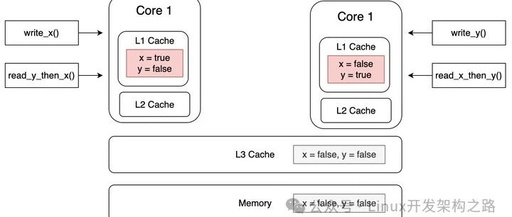Fundamentals of Multithreaded Programming in C
In modern computing, multithreaded programming is a common technique that allows programs to execute multiple tasks simultaneously, thereby improving efficiency and responsiveness. In C, we can use the POSIX Threads (pthread) library to implement multithreaded programming. This article will introduce the fundamentals of multithreading in C and demonstrate with example code. 1. What is Multithreading? … Read more









